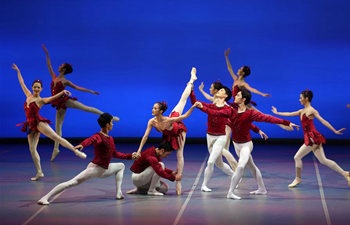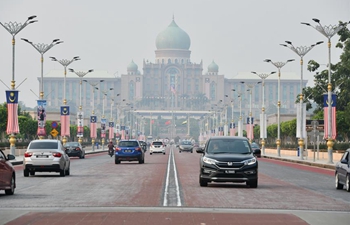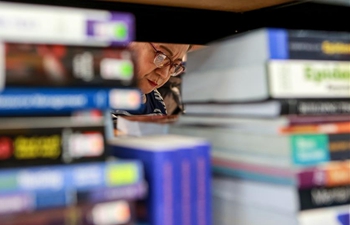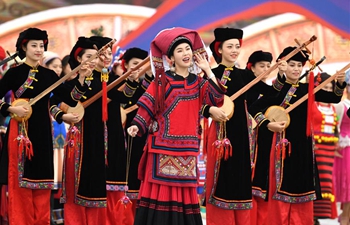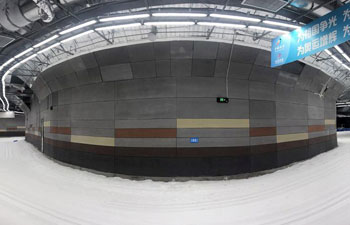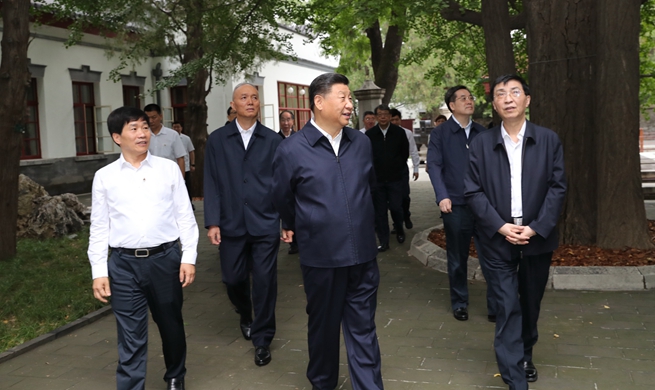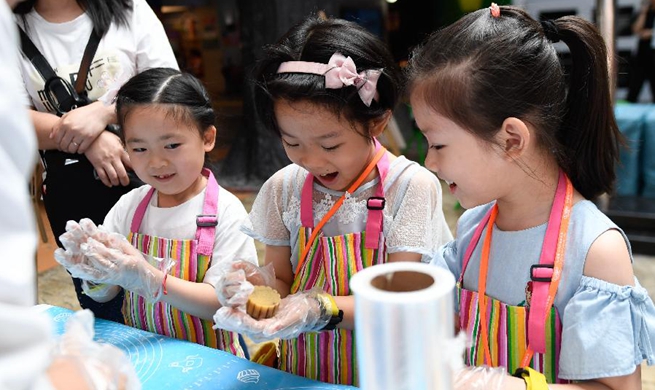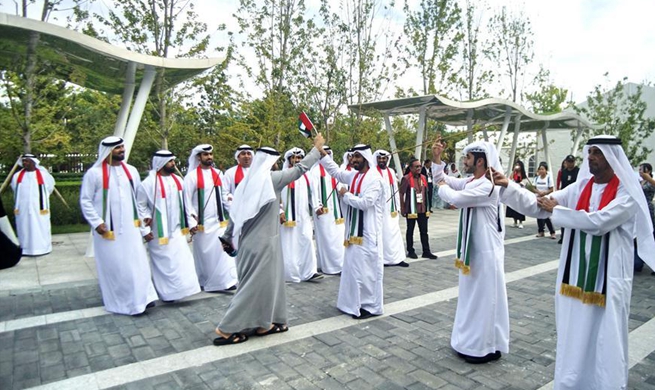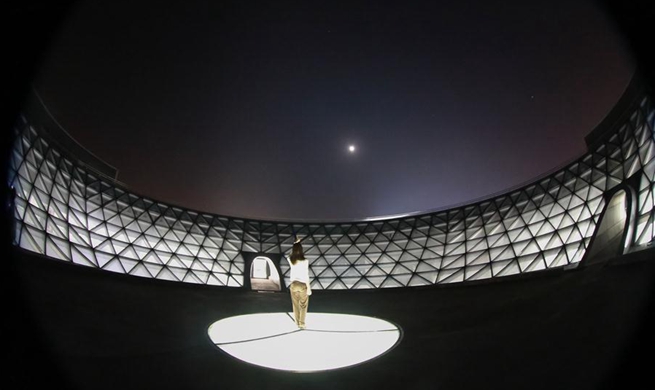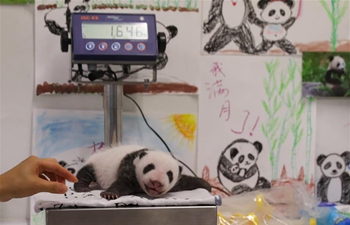by Marwa Yahya, Maryam Kadry
CAIRO, Sept. 13 (Xinhua) -- Translation of Chinese books is the main gate to narrow the gap between Arabic and Chinese cultures, Ahmed al-Saeed, CEO of Cairo-based Wisdom House Culture and Media Group, told Xinhua in a recent interview.
"Translation of Chinese literature in particular could be a big push for better ... mutual understanding between the Arab and the Chinese people," said the co-founder of Wisdom House publishing group.
"China is getting bigger in the brains and the emotions of the Egyptian people, and ordinary Arab citizens have started to get attracted to the Chinese experiences, literature, medicine, art, sport as they deemed China has no imperialism trends and has always been working on bringing mutual benefits," he emphasized.
According to Saeed, translation can be classfied into many categories, but literature translation from Chinese into Arabic is the most difficult type.
He pointed out that "faithfulness, expressiveness and elegance" are main criteria for a good translation.
Saeed illustrated he generally chose the books that won global prizes.
"The Last Quarter of the Moon," a Chinese prize-winning novel, has been translated into several languages, which has motivated Saeed to publish it.
He praised the style of the book, which was written by Chi Zijian, a female novelist, as very unique and depends on dreams very close to real life, which attracts different kinds of readers.
He added that the book is similar to the Nobel Prize-winning novel "One Hundred Years of Solitude," arguing that introducing such style of books to the Arab readers will get them more familiar to different categories of the Chinese literature.
"The Chinese literature is diversified and doesn't represent repeated stereotypes as some people think," he noted.
He explained that he usually sets a timetable for finishing the translation of any book, but literature works took more efforts and time.
"For literature translation, the story must be fluent and enjoyable with an elegant use of language," he explained.
Literature translation requires the translator to have a strong command of the target language because literature translation is in fact creative writing itself, Saeed said.
Talking about difficulties that faced him during translating "The Last Quarter of the Moon," the Egyptian translator and publisher said there are some Chinese words that are spoken in certain regions in China, which don't have an exact meaning in Arabic language.
"Average Egyptian citizens have become curious about China due to its economic leap, beside the interest of thousands of Egyptian students studying Chinese language and a similar number of Egyptians working for Chinese companies," Saeed emphasized.
His institution for translation has translated around 83 Chinese books from Jan. 2018 to Jan. 2019 in the fields of economy, literature and politics as well as other 100 titles for kids' books.
Since China began its reform and opened its doors to the outside world in the late 1970s, Chinese literature has entered a new era, he said.
He said he advised his co-translators to read many Chinese books to know the cultural and political backgrounds of China, its economic and social life as well as its idiomatic expressions.
"Literature plays an important role in the mutual understanding of different peoples," he added.
